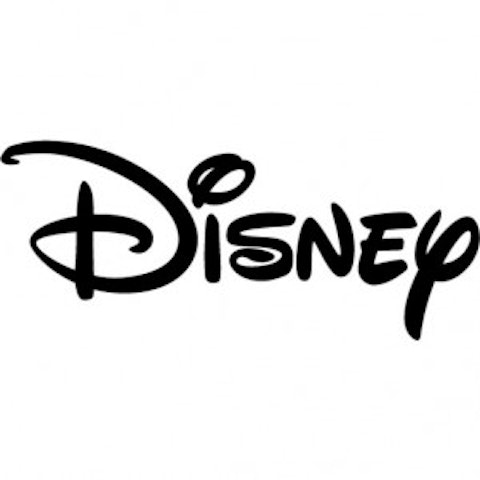
The flop and the problem
It’s also very disappointing considering that Comcast Corporation (NASDAQ:CMCSA)‘s “Despicable Me 2” has taken in well over $270 million as of July 21. Not only that, but it supposedly cost only $76 million to produce. These budget numbers don’t include marketing, but they still give us an idea of how relatively expensive they were. Comcast Corporation (NASDAQ:CMCSA) owns Universal, the distributor for the Despicable Me cartoon sequel. This is doubly embarrassing for Disney since, based on numbers reported for previous Pixar projects, I estimate that the company’s latest summer offering, “Monsters University,” cost more to make.
Why can’t The Walt Disney Company (NYSE:DIS) lower the budgets for its films? I don’t like blaming executives for flops for a simple reason: the movie business cannot be easily controlled. Even the best film could flop. The trick is to keep the costs in check.
I recall reading about The Walt Disney Company (NYSE:DIS)’s reticence over the escalating cost of Ranger. This article from last year at The Hollywood Reporter explains what was happening during the troubled production. Disney had a chance to shut this mistake down, but it chose to proceed, probably figuring it had already spent too much capital to write off.
CEO Robert Iger needs to be held accountable for the budget, not so much for the performance of the film. There’s no question that The Walt Disney Company (NYSE:DIS) is in a big budget business, but it has to make sure that the costs correspond to the strength of the material.
The Walt Disney Company (NYSE:DIS) might lose $150 million on the project. I’m not arguing that investors should dump their shares — I myself initiated a new position recently, albeit a small one. I have confidence that The Walt Disney Company (NYSE:DIS)’s various properties will do well over time, and I don’t believe this one loss is going to sink the company.
However, no shareholder should be satisfied with this result. For Disney to grow the income of its studio division, it must take into account risk, which means taking into account budgets. Sometimes you shouldn’t invest in an idea even if talent wants you to.
Besides the “Despicable Me” sequel, I have to bring up another movie that seems to turn the concept of you-always-need-a-lot-of-money-in-Hollywood-to-make-a-splash on its head. Sony Corporation (ADR) (NYSE:SNE)‘s Adam Sandler cartoon “Hotel Transylvania” from last year made $346 million worldwide on a reasonable budget of $85 million. Another cartoon, but the lesson stands: you can trim the budget and do well.
Investing in Hollywood
Taking Sony Corporation (ADR) (NYSE:SNE) first, I don’t like the company’s exposure to the video game console business, which I believe is in a challenging transitionary period, and I’m not particularly attracted to its general electronics business. Its movie business interests me a little, but not as much as it would if it were spun off. There has been talk of the value of separating the company, but until I see something concrete, I wouldn’t consider Sony Corporation (ADR) (NYSE:SNE), even though its stock has, admittedly, been up so far this year — shares are near the 52-week high.
Comcast Corporation (NASDAQ:CMCSA) is definitely worth more attention, but it too has concerns. While I believe its NBC Universal asset is a great generator of valuable content, I worry about its exposure to the cable sector.





